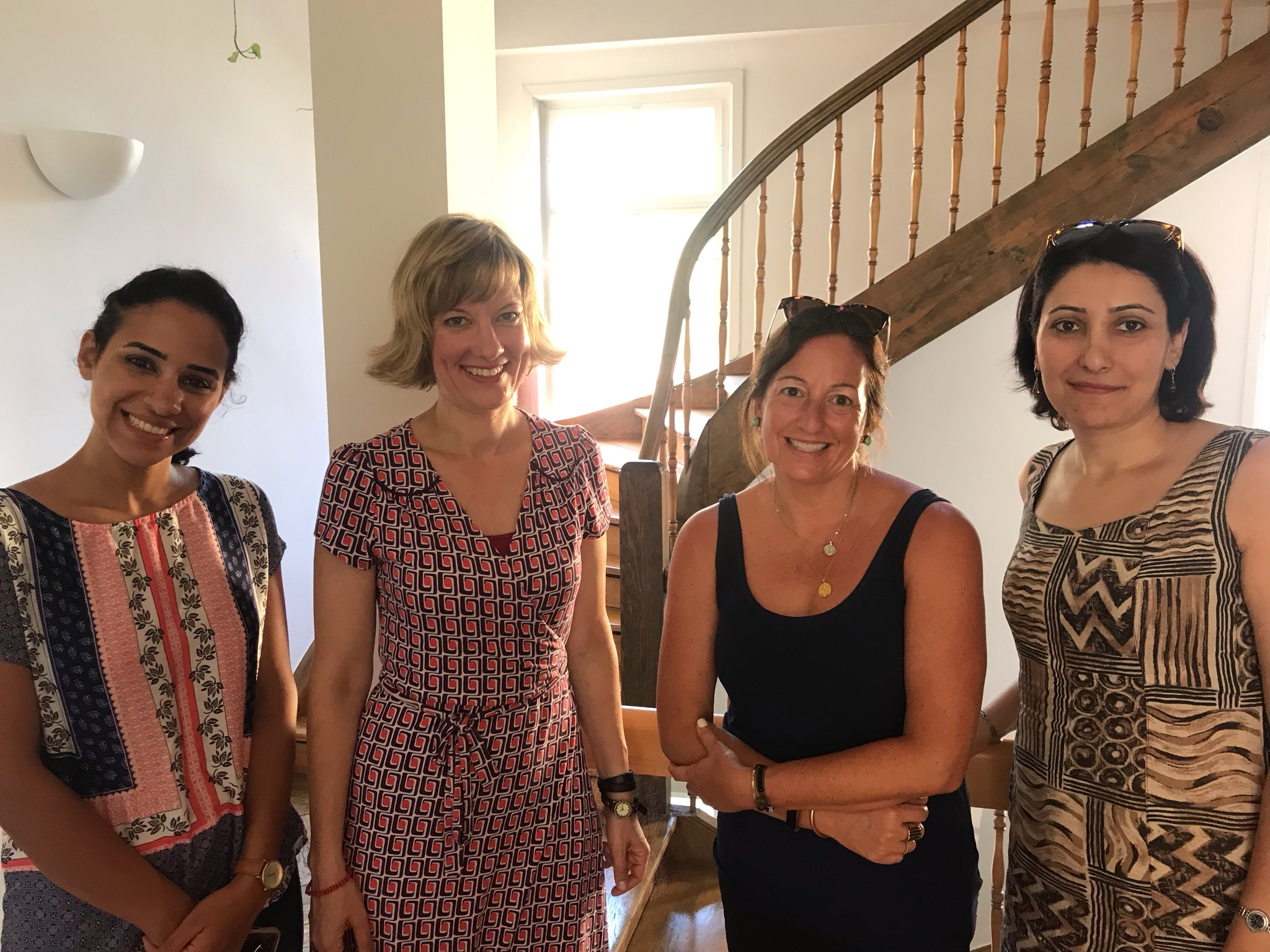Coming to terms with a nation’s history…
Charlie's Angels, Uncategorized 0 Comments
When I was studying International Business as an undergraduate student, I remember a student from Argentina in one of my comparative government classes who was taught that it is sometimes useful to compare the lifespan of a country to that of a human. In the infancy stage, the country might be compared to a baby, then it grows into a cranky, but sometimes cocky adolescent. Middle age might be considered the prime of life, a point in which the country is powerful and successful. With time and maturity as well as time for reflection, that country might reach it’s mature stage, and later as it continues to age, be surpassed by someone stronger.
That image stuck with me and has served as a useful tool in helping me make connections and comparisons between complicated and convoluted political situations.
The global immigration and refugee crisis is one such example of a crisis that extends across borders and affects all nations in different ways.
Yesterday, I had the opportunity to visit the Baden-Wurttemberg Staatliches Schulamt Ludwigsburg with my Inema partners, Seda (from Armenia) and Leila (from Egypt). We were warmly (no pun intended) welcomed by Astrid Kruger-Heller to the organization and enjoyed a lovely conversation over cold melon, water, and cookies.
Aside – One cultural difference that I have noticed throughout the years of spending time in Germany is the lovely way that the rituals of receiving guests is calm and thoughtful.
We had the opportunity to ask many questions about the way that refugee children are welcomed into the educational system in Germany. For me, welcomed is the important word here. Frau Kruger-Heller noted that in the recent past, the vast number of refugees were from Syria and Afghanistan – and that many of these students had experienced trauma and therefore needed something different from their educators.
What was surprising was to hear that the recent wave of refugees were coming from Eastern European countries, had not necessarily experienced trauma, and were thus in need of something different from their instructors.
I asked Frau Kruger-Heller what she thought the reason was that Germany was so willing to accept so many refugees when other countries were not. She turned the question back on me and asked me what I thought. I said that I thought it might have something to do with coming to terms (at least for the present moment in time) with Germany’s painful history. She said that she thought that I was right and that there was a lot of discussion currently among German psychologists about this topic. She said that although she herself does not feel personally guilty for the Holocaust, she does acknowledge that for many Germans alive today, they feel a tremendous weight for the sins of their ancestors. She said that because they themselves did not live through the trauma, they are better able to offer what they can and know is right to their fellow human-beings in their time of need…to, in a sense, pay it forward. Might there be lessons here to be learned by the United States in regard to our painful history of slavery? Perhaps the fact that we are starting to have this conversation is better than nothing.